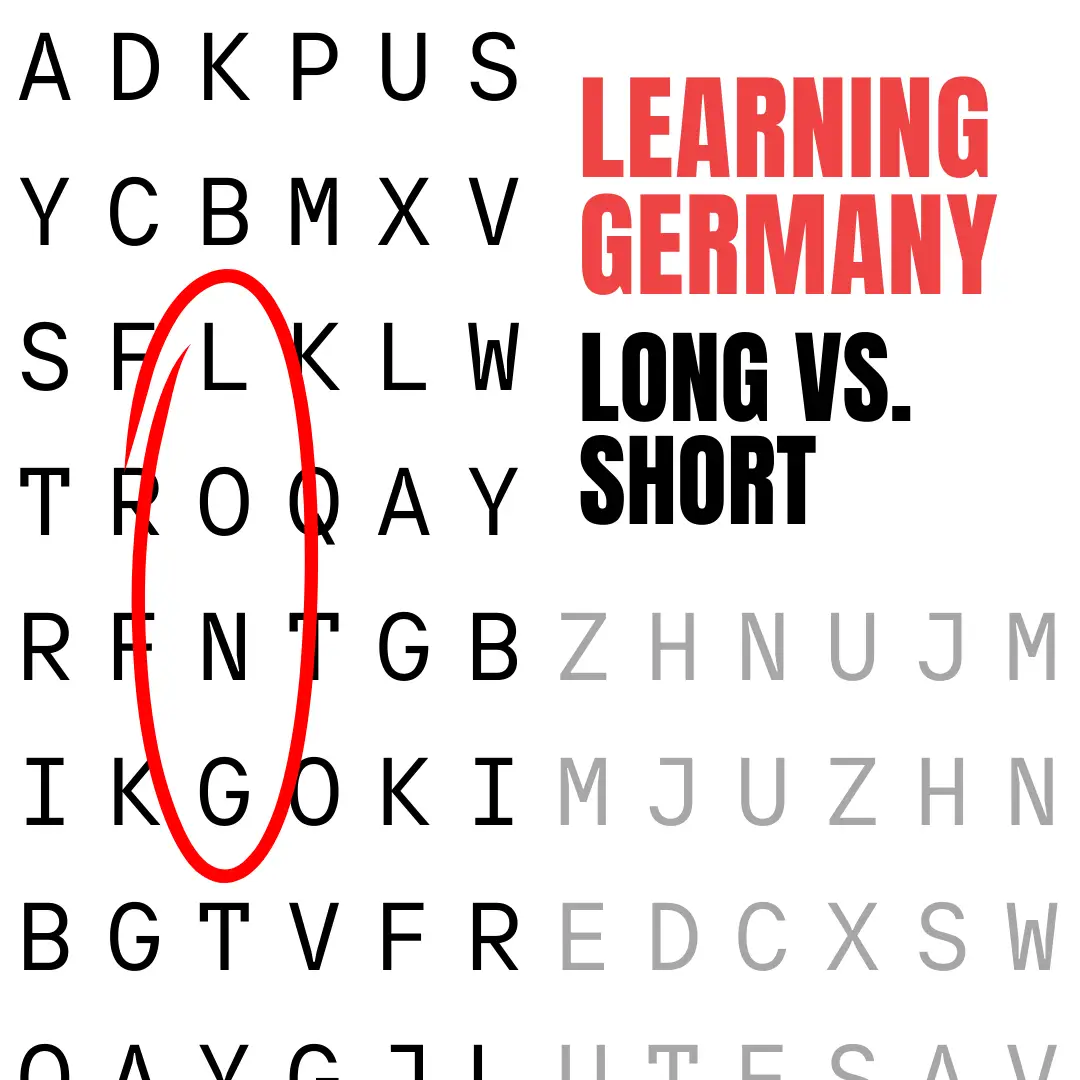“Where do you see yourself in five years?”
In Germany, this is more than a polite question.
It’s part of a cultural expectation system.
Much of what happens here follows a long-term logic:
Careers, education paths, contracts – even recruitment processes.
Planning in Germany is not just about avoiding risk –
it’s a cultural measure of professionalism.
Being prepared means being reliable.
Thinking long-term signals competence.
Having a clear structure says: I’m serious about this.
This applies even before results are visible.
I used to think this was just a German habit.
But it goes deeper.
It’s an unspoken standard for how seriously something is taken –
and how trust or doubt is formed.
When long-term thinking is missing, commitment can feel vague.
Not out of bad intent – but because something essential is absent in the system’s eyes.
This explains why many international professionals don’t fail because of lack of skill –
but because their way of thinking doesn’t match the local logic of time.
In Germany, it often matters not just what you can do,
but what you have prepared for.
Maybe that’s the key:
Understanding how central long-term thinking is to the system.
And that people don’t fail because of their ideas –
but because the long-term plan behind them is missing.
Maybe that also explains why language here is more than communication.
For many, it becomes a quiet indicator:
Is this person here to stay – or just passing through?
